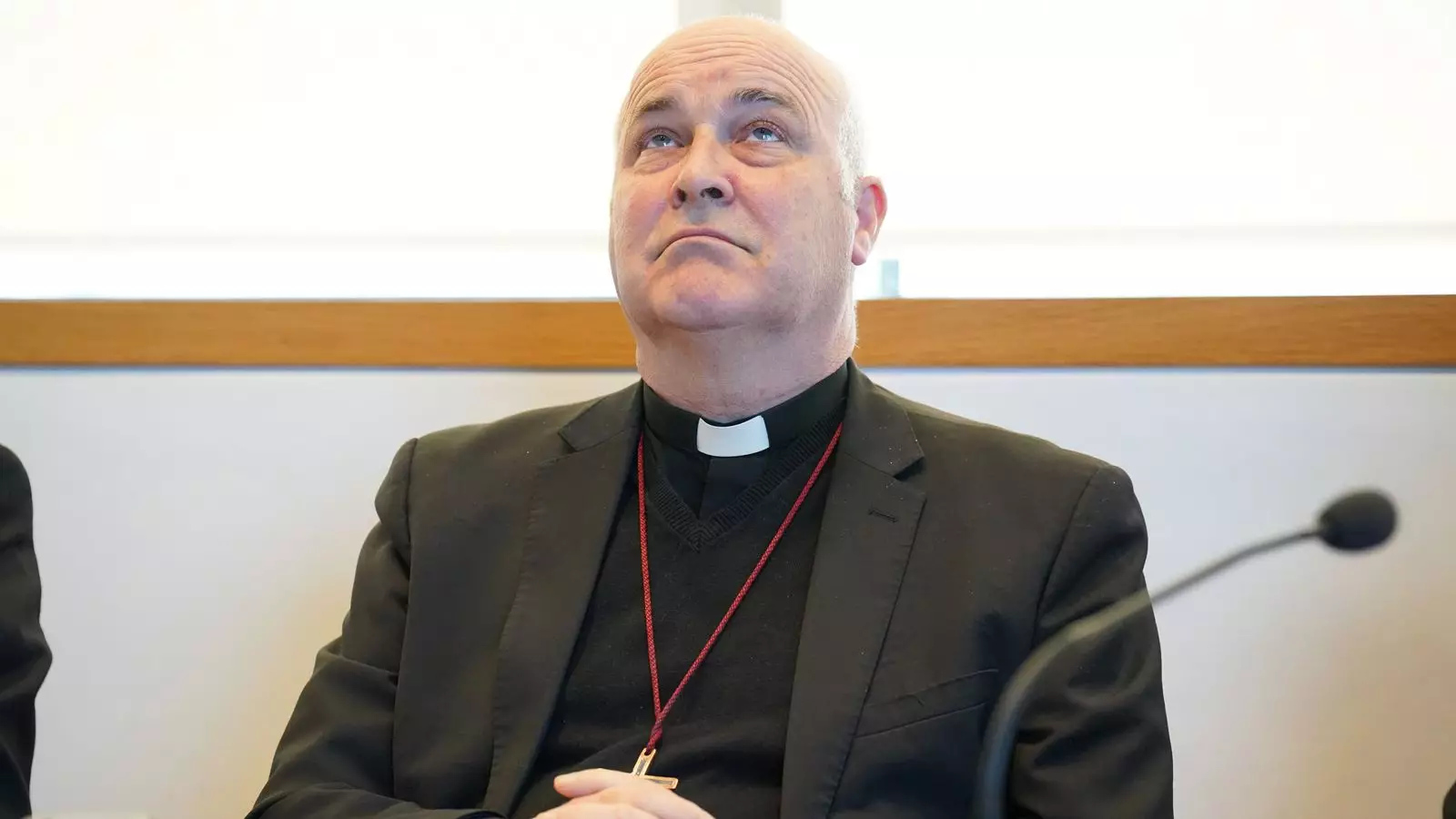As the Church of England transitions into a new year, the Archbishop of York, Stephen Cottrell, prepares to deliver a poignant Christmas Day sermon that aims to address not only the festive spirit of the holiday but also the pressing issues surrounding the institution’s credibility. With the Church reeling from significant criticism over its handling of abuse scandals, Cottrell’s upcoming message is one of urgent reflection and the necessity for transformation within the Church itself.
Cottrell, soon to temporarily lead the Church following the resignation of Archbishop Justin Welby, stands at a critical juncture. Welby’s departure stems from revelations regarding the Church’s mishandling of abuse cases, particularly the case of serial abuser John Smyth. These events have cast a long shadow on the Church’s moral standing, making Cottrell’s message not just timely but imperative. His statements on this festive occasion are expected to resonate across a community seeking healing and hope, amid the backdrop of scandal.
Cottrell’s Christmas sermon is expected to encapsulate this dual focus of vulnerability and love. He plans to emphasize the image of the “vulnerable child” at the center of the Christmas story, a powerful symbol against tyranny and oppression. This metaphor serves as an invitation for the Church to reflect on the values it professes to uphold. The notion that the Church could learn from the humble circumstances of Jesus’ birth might offer a pathway to reconcile its image with its actions—a radical call for introspection and a championing of genuine love and care for the marginalized.
“Put the needs of others first” will likely echo through the walls of York Minster, as Cottrell implores congregants to embody servitude, particularly for those in societal distress—“the cold and hungry and homeless.” The Archbishop’s decision to focus his message on those suffering highlights the disconnect that can arise when an institution becomes entangled in its own power struggles rather than remaining a vessel for helping others.
While Cottrell has shown a willingness to confront the issues raised by abuse cases within the Church, his acknowledgment of missteps has been met with skepticism. He stated that matters like the Tudor case “could have been handled differently” but has faced backlash from victims’ advocates, who decry his approach as “insulting and upsetting.” This raises significant questions regarding the authenticity of Cottrell’s leadership and whether his concession of fault aligns with tangible actions that demonstrate commitment to reform.
The criticism of Cottrell’s tenure as bishop of Chelmsford, where the priest David Tudor was reinstated under his oversight, casts a shadow over any promises for change. As the Church moves forward, individuals like Bishop Helen-Ann Hartley and Bishop Rachel Treweek have called into question Cottrell’s credibility. Their hesitance to support him signals potential fragmentation within the Church’s hierarchy, a scenario that may only exacerbate the challenges that lay ahead.
In contrast to Cottrell’s anticipated message, Bishop Rose Hudson-Wilkin will deliver a sermon at Canterbury Cathedral, focusing on the themes of “light and hope” as redemptive forces against fear and darkness. This dichotomy showcases the varying interpretations of the Church’s role in contemporary society—a microcosm of the broader tension regarding the Church’s evolving identity amidst crises.
As the Church of England embarks on a new chapter, genuine transformation will require more than surface-level acknowledgments. It demands an embrace of love and service, reflecting the very tenets of the Christmas story Cottrell aims to highlight. As congregants gather to celebrate, the challenge remains for the Church to rise from the ashes of scandal and embody the principles of humility and compassion it preaches. Only through this commitment to change can the Church hope to regain its standing as a beacon of hope in a world darkened by suffering and injustice.


Leave a Reply